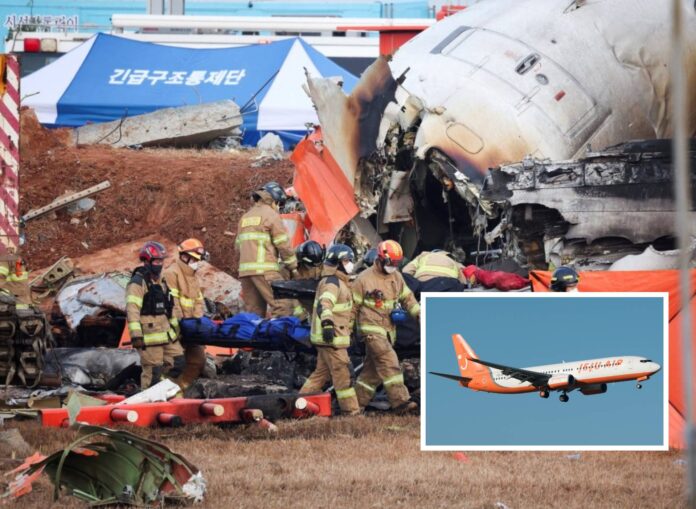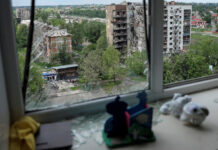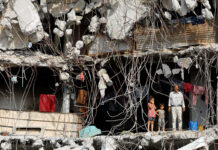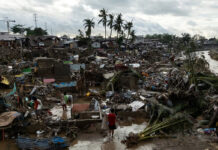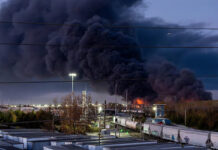The Jeju airplane crash in South Korea has left 179 of the 181 individuals onboard dead, marking the deadliest aviation disaster in the country’s history.
The Jeju Air Boeing 737-800, returning from Bangkok, Thailand, met a tragic fate as it attempted to land at Muan International Airport on Sunday morning.
Authorities are investigating the cause of the crash, with initial reports suggesting that a bird strike—a collision between the aircraft and a bird—may have played a role.
Bird strikes can be perilous, particularly for turbofan engines like those on the Boeing 737, and pilots receive training to be alert, especially during dawn or dusk when birds are most active. Sadly, on this occasion, the efforts made by air traffic control to warn the pilots of a potential bird encounter came too late.
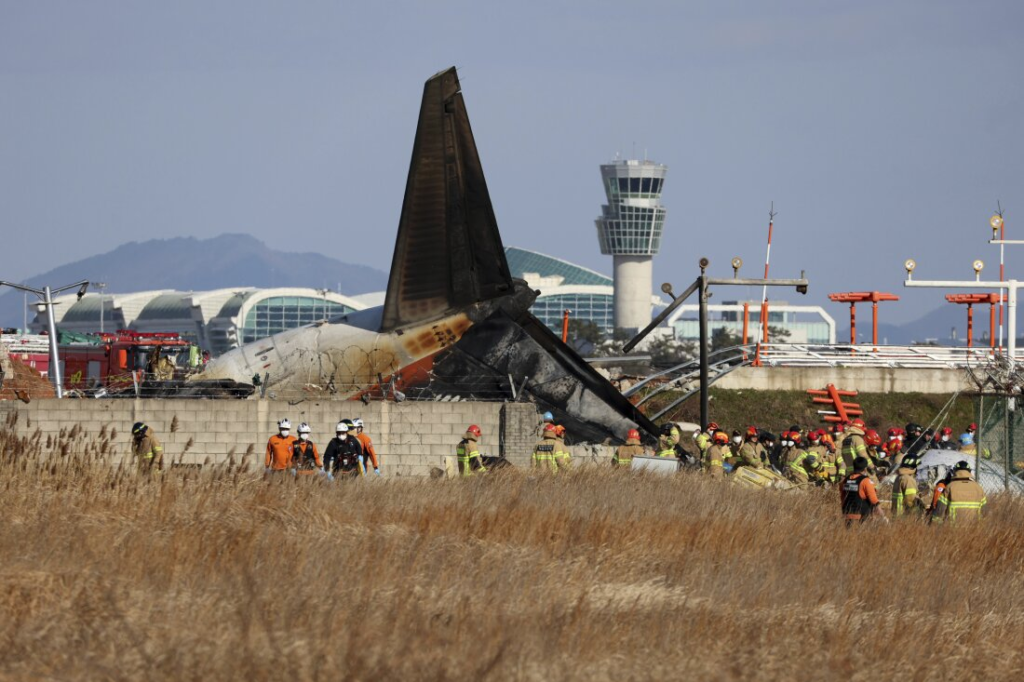
Witnesses described horrifying scenes as the aircraft struggled to land—two minutes after receiving the warning, the pilot declared a Mayday.
Video footage shows the plane touching down without extending its landing gear, skidding across the runway before crashing into a wall and erupting in flames. Eyewitness accounts reported hearing a loud bang followed by a series of explosions, painting a vivid picture of the chaos that ensued.
Among the victims are passengers returning from holiday, with the youngest just three years old and the oldest 78. The emotional toll has been devastating, with families gathering at Muan International Airport, grappling with loss and uncertainty as they await news about their loved ones. The South Korean government quickly responded by declaring a special disaster zone, enabling access to central government funding for recovery efforts.

Emergency personnel have been working tirelessly, with over 1,500 personnel deployed to search for remains and wreckage. As recovery continues, the grief is palpable.
Jeju Air has expressed its condolences to the victims’ families, emphasizing that this fatal accident is the first in the airline’s 18-year history. Simultaneously, Boeing has offered its sympathies to those affected.
In the aftermath of this tragedy, South Korea has entered a period of national mourning, a somber reminder of the fragility of life. Acting President Choi Sang-mok has vowed to support the injured and bereaved as the nation grapples with this heartbreaking loss.









